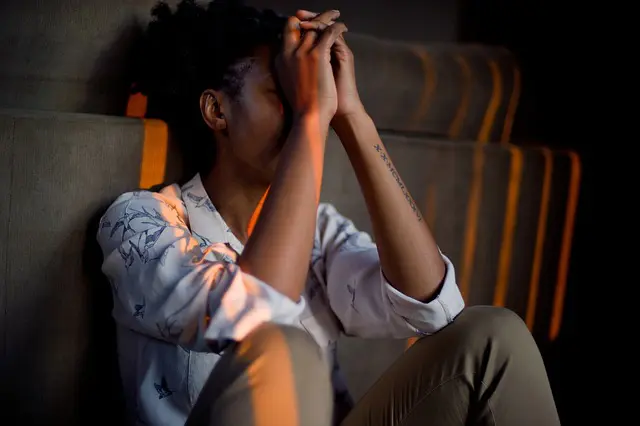Embarking on the journey to your wedding day is a significant milestone, one that requires meticulous planning to ensure its success. Yet, amidst the excitement, the stress of wedding preparations can take a toll on your mental health.
Similar to other high-pressure situations, the stress of planning a wedding can lead to various physical and emotional challenges. These may include concentration difficulties, indecisiveness, feelings of sadness, fatigue, and headaches, among other symptoms.

It’s crucial to be vigilant about recognizing these signs and to address them proactively to maintain your happiness and well-being as you embark on this new phase with your partner.
While the idea of managing your well-being amidst wedding planning may seem daunting, rest assured that you are not alone. According to statistics from Brides, a staggering 96% of couples have experienced wedding planning stress, indicating that you are in good company and can overcome this challenge. Here are five steps to safeguard your mental health during the wedding planning process.
Identify the areas of wedding planning that cause you the most anxiety. For many, this often revolves around financial decisions, family expectations, and guest list management. While these elements are pivotal to the wedding's outcome, it's essential not to let them dictate your peace of mind.
Once you’ve pinpointed the stressors, seek as much assistance as possible, from online resources to reliable vendors. Take the time to meticulously plan these aspects and remember that your wedding is a celebration of your love story, not a reflection of others' opinions.
The ways couples announce their engagement, set a wedding date, and share other key details vary widely. Regardless of your approach, remember that these choices are yours and your partner's alone to make.
Inform your friends and family about your preferences for sharing news and their involvement in the planning process. Maintain your boundaries; you should not have to endure discomforting behavior during or before the wedding. This extends to other decisions like health protocols and social media guidelines.
Acknowledge that you are not solitary in this endeavor. Reports from Insider suggest that the burden of wedding planning, which often induces stress, often disproportionately affects one partner. While one person may take the lead in planning, it doesn't mean they should bear the stress alone.
Experts recommend focusing on your relationship and each other, especially during times of external pressure. Stay aligned with your partner to navigate the planning process together, which can alleviate the burden on both of you.

Just as you confide in your partner, connect with other trusted individuals. Engaging with friends experiencing similar situations can provide relief. As long as you can share your concerns with your support network, you can alleviate stress and strengthen relationships. Reaching out to loved ones for advice or opinions on wedding matters can also be beneficial.
Finally, dedicate time to self-care. The best preparation is ensuring your mental state is primed for your wedding day. Like other life transitions—such as starting a family or experiencing a divorce—it's natural to feel a range of emotions. Engaging in exercise, journaling, and other self-care practices can aid in processing these emotions and guide you through your wedding planning journey.</
Recent
See All2025-03-05
Strategies to Overcome Procrastination
2025-03-05
Have You Overlooked Something?
2025-03-05
Harness the Power of Music for Stress Relief
2025-03-05
Kick-Starting Your Journey Out of Life's Rut: A Four-Step Guide
2025-03-05
Unlocking the Door to Joy: A Three-Step Guide
2025-03-05
Embark on a Journey to Maximize Your Potential in 2024!
2025-03-05
Celebrating the Joy of the Season
2025-03-05
Embark on a Journey to a Grateful Life
2025-03-05
Discover the Power of Cognitive Behavioral Therapy
2025-03-05
Enhancing Your Well-being: A Four-Step Guide to Health and Joy
Newsletter
Get life tips delivered directly to your inbox!










